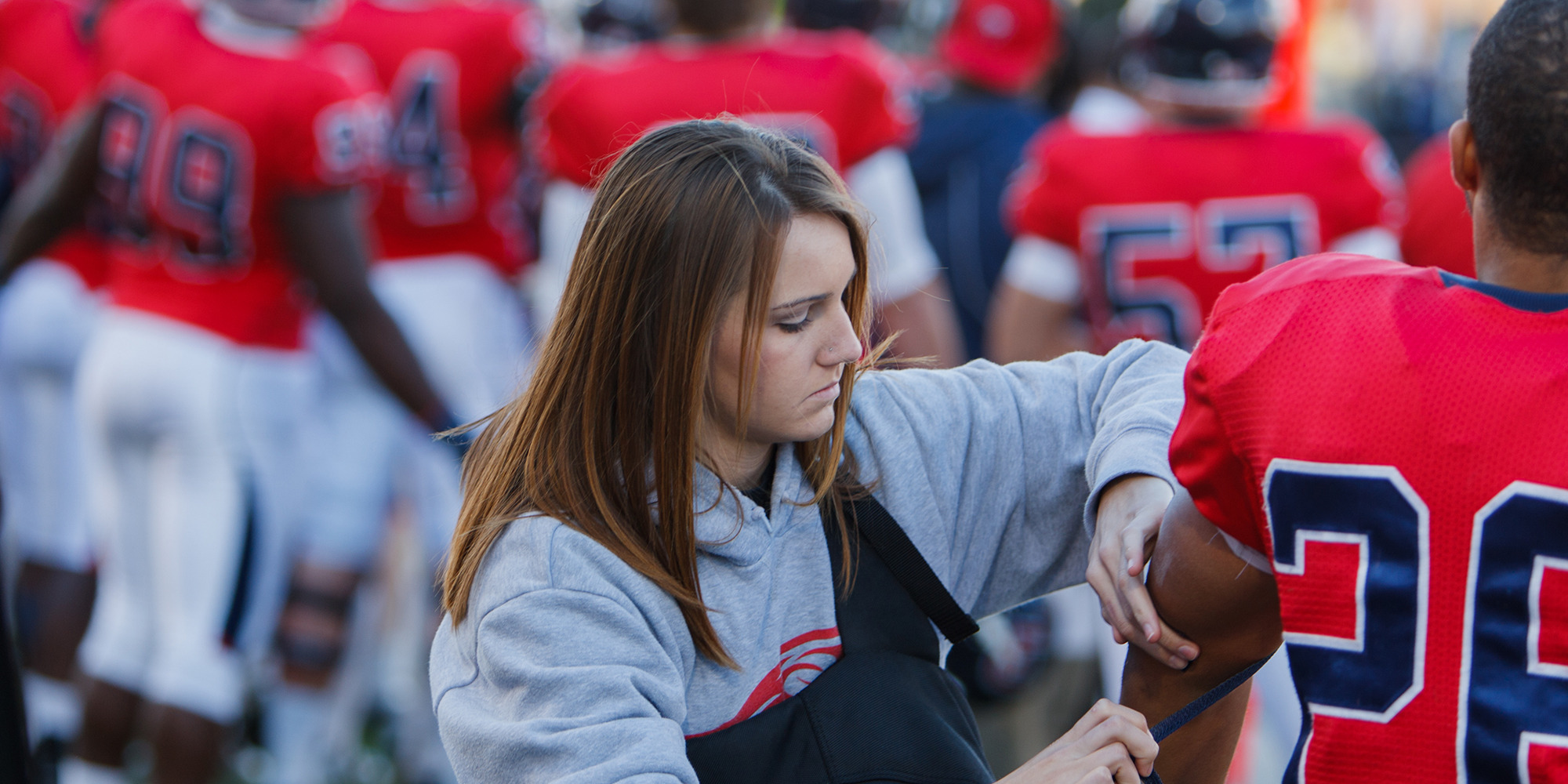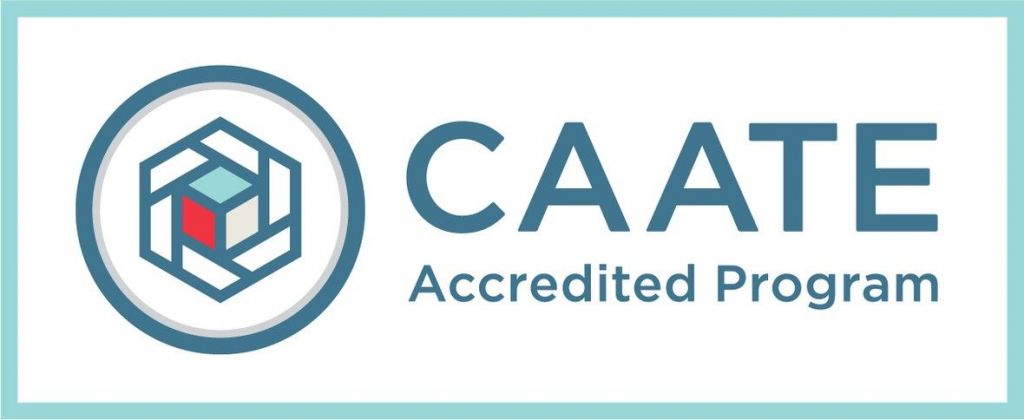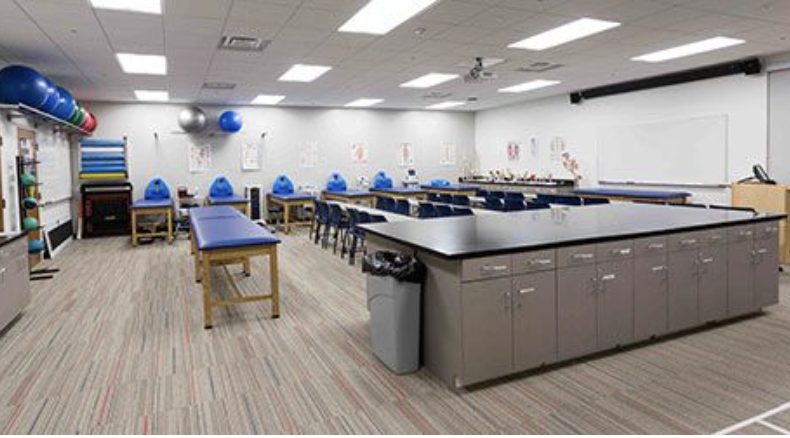
B.S. in Exercise Science: Therapeutic Science/M.S. in Athletic Training
Credit Hours
Real-World Training
Work directly with patients during clinical education
Outside the Classroom
Take advantage of incredible athletic facilities
Dedicated Faculty
Learn from our experienced professors
Financial Aid
97% of undergrad students receive financial aid
Credit Hours
Real-World Training
Work directly with patients during clinical education
Outside the Classroom
Take advantage of incredible athletic facilities
Dedicated Faculty
Learn from our experienced professors
Financial Aid
97% of undergrad students receive financial aid
- Home
- School of Health Sciences
- Dual Degrees
B.S. in Exercise Science: Therapeutic Science/M.S. in Athletic Training
Additional Navigation
Residential Dual Degree – B.S. in Exercise Science: Therapeutic Science to M.S. in Athletic Training
Earn both your B.S. in Exercise Science: Therapeutic Science and M.S. in Athletic Training degrees in as little as five years. Liberty University’s Bachelor of Science in Exercise Science – Therapeutic Science & Master of Science in Athletic Training Dual Degree gives you the opportunity to save time and money.
The B.S. in Exercise Science-Therapeutic Science concentration courses will fulfill all of the prerequisite courses for the M.S. in Athletic Training degree.
This dual degree is taught by our doctoral faculty, who are grounded in their Christian faith. It will prepare you to be eligible to sit for the Board of Certification (BOC) Exam. Students must pass this examination to become a certified athletic trainer. This certification is a requirement in all 50 states to be eligible to practice as an athletic trainer. Liberty student BOC exam pass rates rank above the national average.
With this dual degree option, you’ll learn how the human body functions as well as how to evaluate and treat musculoskeletal injuries:
The B.S. in Exercise Science: Therapeutic Science to M.S. in Athletic Training dual degree is offered through the Department of Allied Health Professions.
Academics
Program of Study
Admission Requirements
View Liberty’s undergraduate and graduate admissions requirements
Featured Athletic Training Courses
- Clinical Musculoskeletal Anatomy (ATTR 330)
- Musculoskeletal Injury Assessment (ATTR 335)
- Corrective Exercises and Rehabilitation Theory (ATTR 406)
- Manual Therapy Techniques (ATTR 620)
- Musculoskeletal Diagnostic Imaging (ATTR 625)
Declaring the dual degree as your major does not mean you will automatically be accepted into the M.S. in Athletic Training degree. See the following requirements:
- You must have a 3.0 cumulative GPA by the end of your second spring semester and maintain it throughout the third year to be able to continue with the dual degree option.
- For the dual degree, you must meet the admission standards for the M.S. in Athletic Training degree.
- You must apply for the M.S. in Athletic Training degree through the Athletic Training Centralized Application System (ATCAS) during your second or third year of the dual degree.
- If you don’t meet the admissions standards for the M.S. in Athletic Training degree, you will need to change your major to the stand-alone B.S. in Exercise Science: Therapeutic Science to graduate in four years with your bachelor’s degree.
Program Accreditation
This dual degree program holds respected industry accreditations, reflecting its commitment to quality education and professional standards.
Exercise Science (B.S.) – Therapeutic Science
The Liberty University Exercise Science (B.S.) program is accredited by the Commission on Accreditation of Allied Health Education Programs (www.caahep.org) upon the recommendation of the Committee on Accreditation for the Exercise Sciences (CoAES).

Athletic Training (M.S.)
Liberty University’s M.S. in Athletic Training degree is nationally accredited by the Commission on Accreditation of Athletic Training Education (CAATE). This is in addition to Liberty University’s accreditation by the Southern Association of Colleges and Schools Commission on Colleges.

Campus Facilities

Earn your dual degree utilizing our state-of-the-art:
- Athletic Training Standardized Patient Center
- Athletic Training Lab
- Human Performance Lab
- Biomechanics & Motion Analysis Lab
Hands-On Opportunities and Research
Gain exposure to various fitness/health settings with your undergraduate EXSC 321 practicum. Here, you can choose two of the following areas: strength and conditioning, personal training, and clinical rehabilitation. You will complete 15 observational hours in each of your two selected areas.
With your M.S. in Athletic Training, you will complete eight different clinical experience rotations over two years. The rotations will consist of two immersive and six non-immersive experiences.
Students in the M.S. in Athletic Training are taught how to use diagnostic ultrasound imaging to assess musculoskeletal injuries.
You will also earn two additional certifications (Corrective Exercise Specialist & Graston techniques) while taking the Manual Therapy Course.
Present your research at Liberty University’s Research Week and at state, regional, or national professional conferences.
Thesis and Non-thesis Options
Students in the M.S. in Athletic Training degree have the option to choose between a thesis or non-thesis (clinical reasoning) option to complete the research component of the degree. The thesis option includes conducting original research, while the non-thesis option involves completing an outcomes research project.